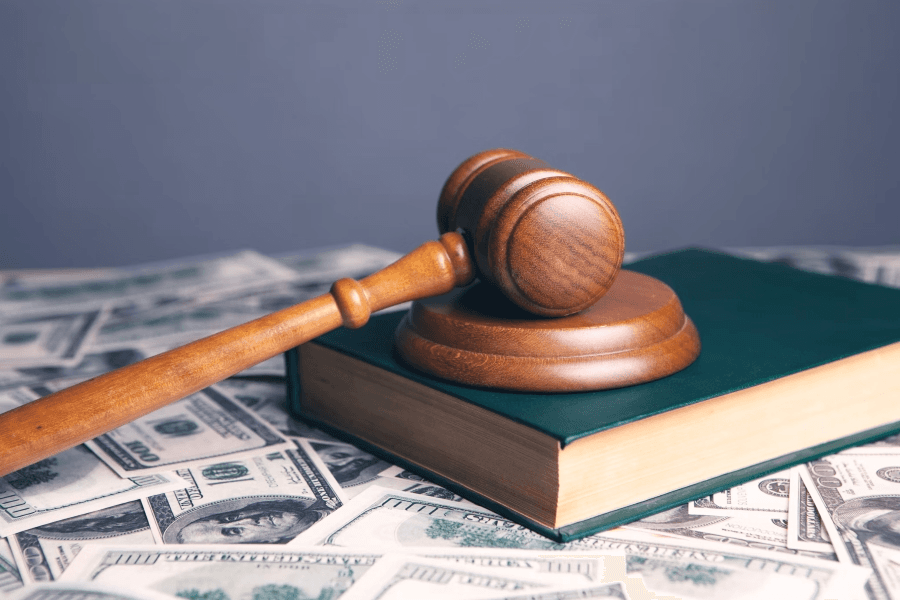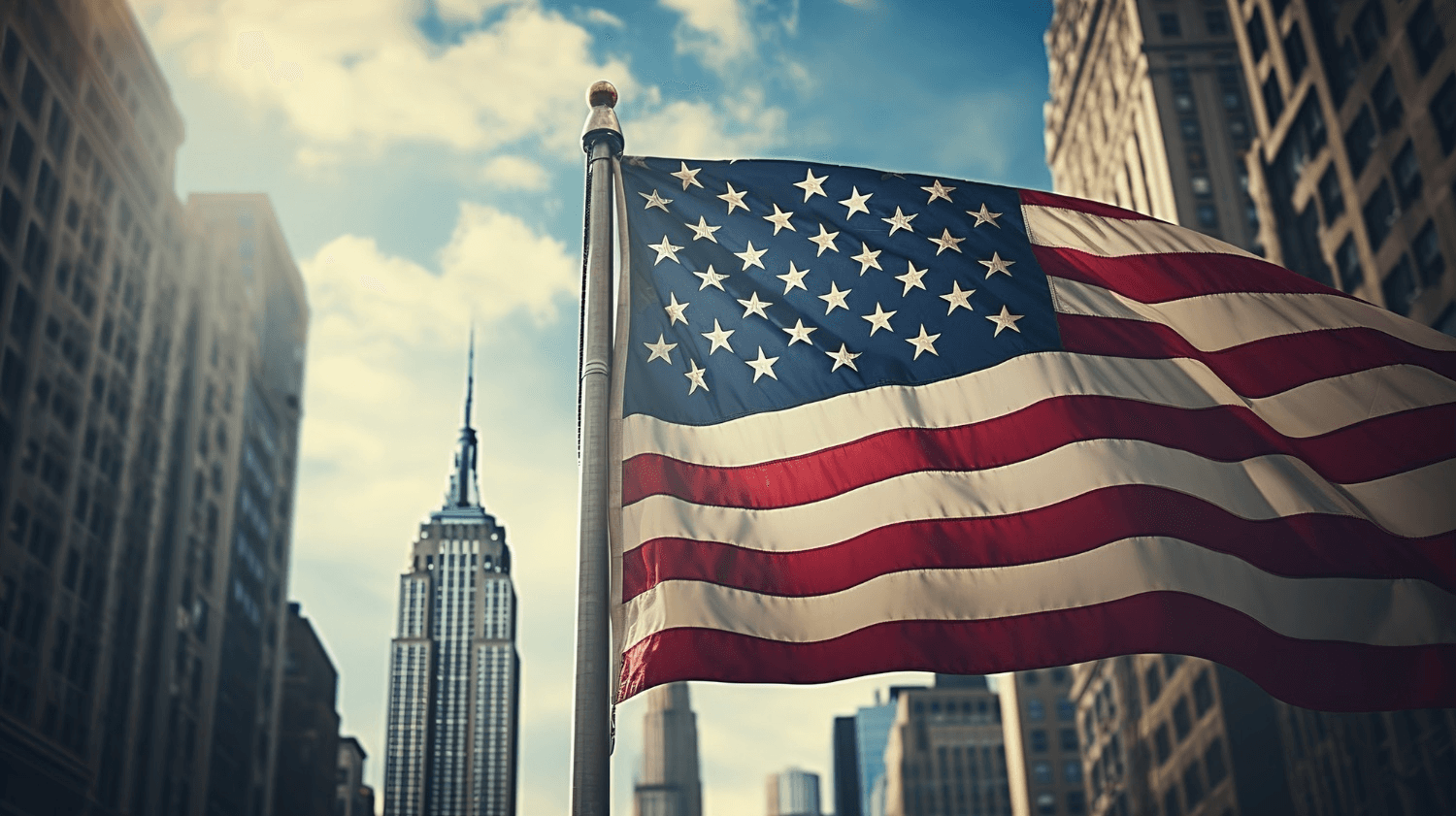There’s an old aphorism that states if there are two lawyers, there will be at least three legal opinions.
Well, that old saw sort of fits for the following discussion: Can a bettor successfully sue a league or a team for putting out bad information? But instead of two lawyers and three opinions, we have three lawyers and three opinions.
This all stems from the ongoing investigation of the Cincinnati Bengals by the NFL. Their star quarterback, Joe Burrow, was lost for the season due to a wrist injury he suffered in the team’s Week 11 game against the Baltimore Ravens.
But there are serious questions as to whether Burrow injured his wrist prior to the game. According to reports, the team posted a social media video of Burrow exiting the team plane earlier in the week wearing a wrap of sorts on his wrist; the post was quickly taken down.
Burrow exited the game in the second quarter after throwing a touchdown pass to running back Joe Mixon, and it was later determined that Burrow had torn ligaments in his wrist.
If Burrow was indeed hurt in some fashion before the game, NFL rules dictate he needed to be listed on the injury report, which he wasn’t.
This caused a mild firestorm on X (formerly Twitter), with Dave Portnoy of Barstool Sports leading the litigious charge after claiming he lost a $100,000 bet on the Bengals:
— Dave Portnoy (@stoolpresidente) November 17, 2023
And while Portnoy will often run at the mouth on social media, Mike Florio of Pro Football Talk followed up Portnoy’s complaint with a column detailing how easy it would be for someone to sue.
Of course, anyone can sue anyone else. What matters is what the courts would ultimately say about it. So what would they say? Well, that depends on who you ask.
“Bettors often threaten to sue when their team loses, but they have no leg to stand on,” said Bob Jarvis, a professor who teaches gambling law at Nova Southeastern University in Florida. “As a result, such lawsuits are very rare.”
And when they do occur, courts have uniformly tossed them aside. Jarvis cites a pair of cases to prove his point.
Manny Pacquiao allegedly hid an injury heading into his 2015 fight against Floyd Mayweather Jr., and the United States Court of Appeals for the Ninth Circuit ruled against the plaintiffs, who argued they wouldn’t have purchased the pay-per-view telecast of the fight if they knew.
Jarvis also points to a case in Nevada where a bettor sued, seeking relief for losses incurred betting on the Los Angeles Dodgers in both the 2017 and 2018 World Series, when it was later discovered the teams he bet against — the Houston Astros and Boston Red Sox — both engaged in sign-stealing.
Jarvis offers four reasons why courts do not look kindly on these types of cases. For starters, the “sheer number of people who might be able to sue” would overwhelm the courts. Additionally, there is no way to know what any one bettor would’ve done if they had the information, and there is obviously no way to know what the outcome of the game or contest would be if the information were public.
Lastly — and perhaps most importantly — there is a “lack of privity” between the bettors and the athletes, teams, and leagues.
“Privity is a legal concept under which two parties know each other and recognize that they owe each other certain rights,” Jarvis said. “But there is no way for privity to exist in sports betting cases — the athlete/team/official has no way to accept or reject the bettor’s bet or even know of the bettor’s existence. There is privity between the sportsbook that takes the bet and the bettor — because the bettor is the sportsbook’s customer — but unless the sportsbook itself did something wrong, it is not responsible for what the athlete/team/official did wrong because the sportsbook cannot control the athlete/team/official.”
John Holden, a lawyer and professor at Oklahoma State Spears School of Business, agrees with Jarvis — at first blush.
On the idea of Portnoy, or anyone, suing the NFL, Holden is emphatic. “This would get thrown to the curb,” he said.
If you sense a “but” coming …
“But, it arguably shouldn’t,” he said. “I wrote about a similar situation in baseball.”
The case he wrote about — Olson vs. Major League Baseball — involved a daily fantasy sports player who was seeking damages for playing in contests that involved the same Astros and Red Sox.
This case sparked an academic paper Holden co-wrote, which claims that the concept of “fraud on the market” — a doctrine adopted by the U.S. Supreme Court, which assumes that the price of a stock reflects all information about the stock — could and should apply to sports betting.
“If the company does something to hide or inflate the stock price by not disclosing something, or attempting to conceal it, that’s the fraud,” Holden said in 2021. “You’re withholding that information and it will have an effect on the price on the market.”
Holden’s belief is the same concept should apply to sports betting. It should be assumed all the relevant information is publicly available. If not … fraud on the market.
But Holden also notes the concept of “privity” is what’s holding this back — although he thinks the argument is losing weight as teams and leagues enter into agreements with the sports betting apps and operators themselves.
“The bettors have a contract with the sportsbooks, not the leagues,” Holden said. “Now, the leagues have relationships with sportsbooks and in some cases — at least in the past — had equity, but officially they are not in a legal relationship with the bettors. I think reasonable people could argue that the current setup creates a different situation than in the past where it was clear that the leagues and books were separate businesses and, at least on paper, never the two shall meet.”
Noted gaming attorney Daniel Wallach agrees with Jarvis in that the courts have spoken, but also agrees with Holden in that the privity argument is less persuasive than it used to be — specifically where teams host the physical sportsbook at their respective stadiums and arenas or when they partner with an online sportsbook.
“One caveat that could alter the dynamic in the future is professional sports teams are beginning to have control over online sports betting licenses, or maybe have sportsbooks inside the stadium or inside the arena,” Wallach said. “That element might create the requisite business relationship between the bettor and the team to confer standing to sue upon the sports gambler.”
Wallach is looking at Ohio — hey Joe Burrow! — where the Bengals are the license holder for Betfred, the Cleveland Browns for Bally Bet, and the Cleveland Guardians for bet365. He’s also looking at the in-stadium sportsbooks, such as Fanatics Sportsbook at FedEx Field, BetMGM Sportsbook at State Farm Stadium, DraftKings Sportsbook at Wrigley Field, and a handful of others.
In these cases, Wallach thinks it’s entirely possible a bettor could sue a team — but not a league — because now there is direct contact between the bettor, the team, and the sportsbook.
“As in-stadium sportsbooks and team control over online sports betting licenses become more prevalent, that might muddy the waters of the case law and create additional risk for the teams and the leagues by virtue of a more direct business relationship that’s created through on-site and online sportsbooks through team control,” Wallach said.
“You’d have to look under the hood to see what level of control or involvement the sports organization would have with the in-stadium or online sportsbook. It wouldn’t open the floodgates for any sports bettor to file lawsuits; if you’re not a customer of the on-site or online sportsbook, I don’t see how it would create a tangible business relationship. It would be limited to wagers placed at the sports venues or through websites controlled by the sports organization.”
Wallach does caution he has no idea what the courts would think.
“Not forecasting how the hypothetical lawsuit would be decided,” he said, “we’re operating on untrammeled territory here, and there has been no court decision that has held a sports team liable based on the fact that they get a direct economic participation of sports betting through an on-site sportsbook. It’s too new of a genre.”
But if legal history and a trio of lawyers with subject expertise are any guide, it’s a genre that will be tested sooner rather than later.



 2023-12-07
2023-12-07












